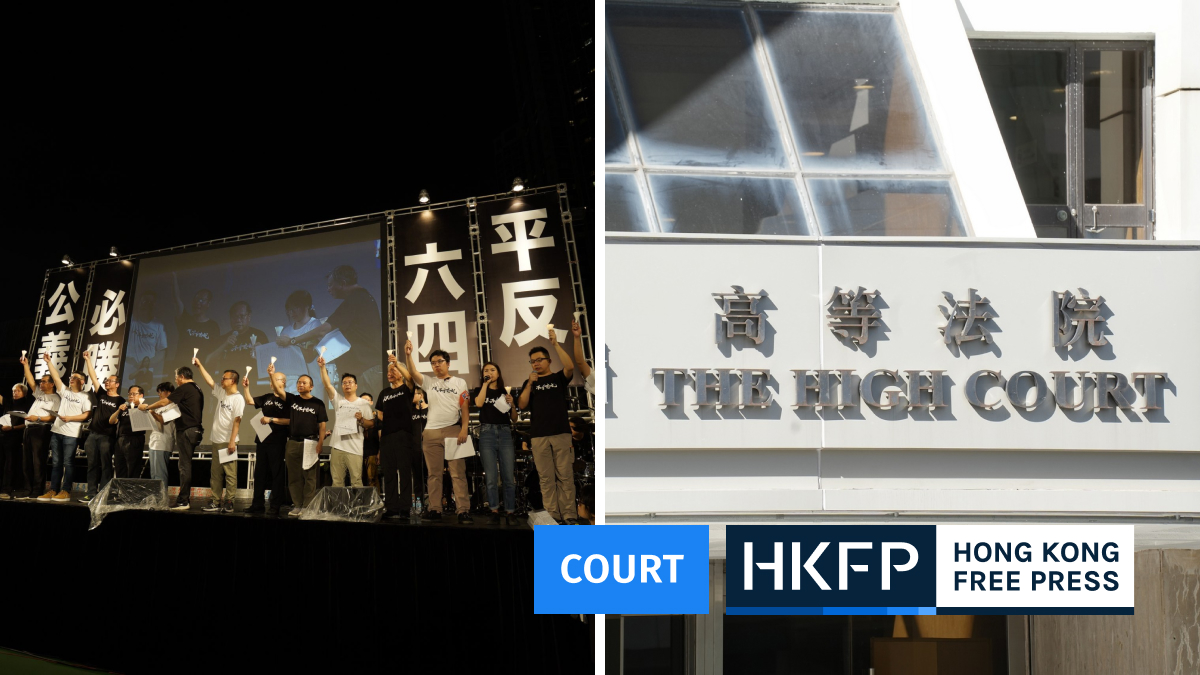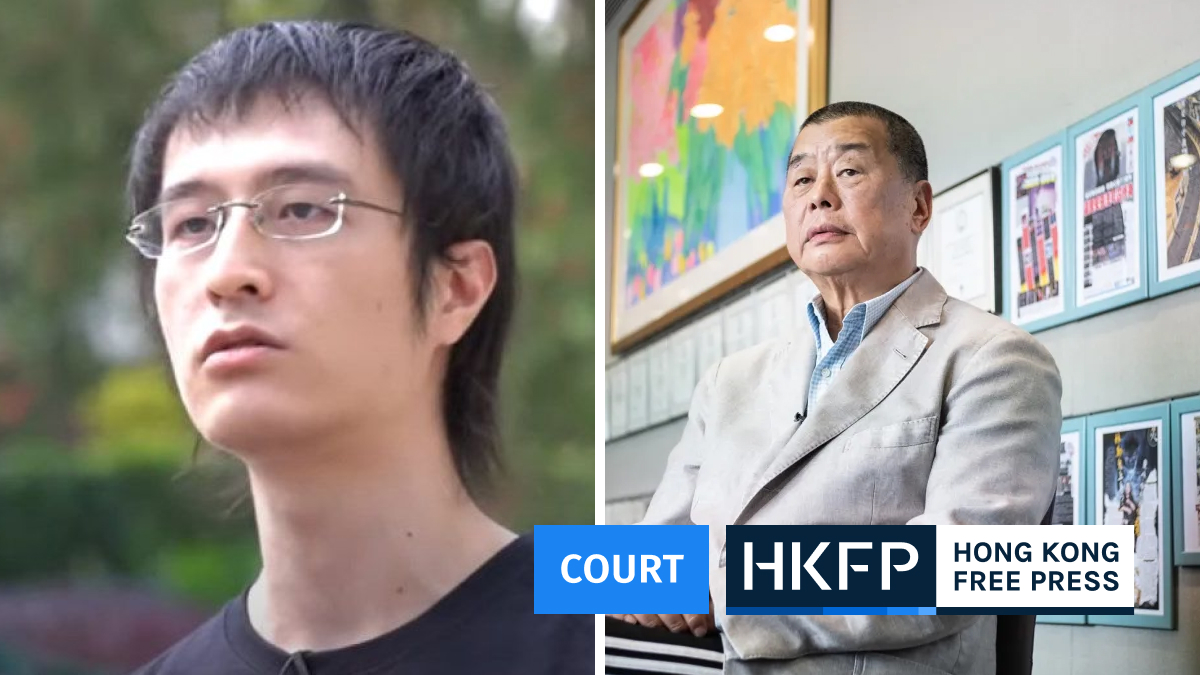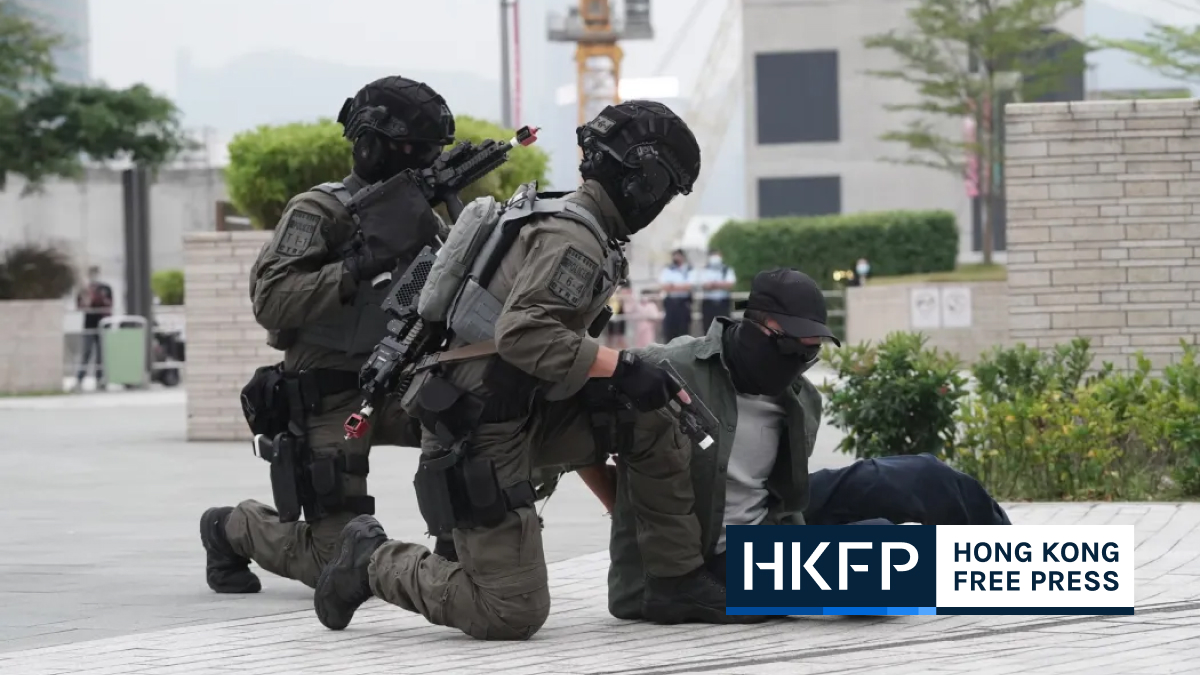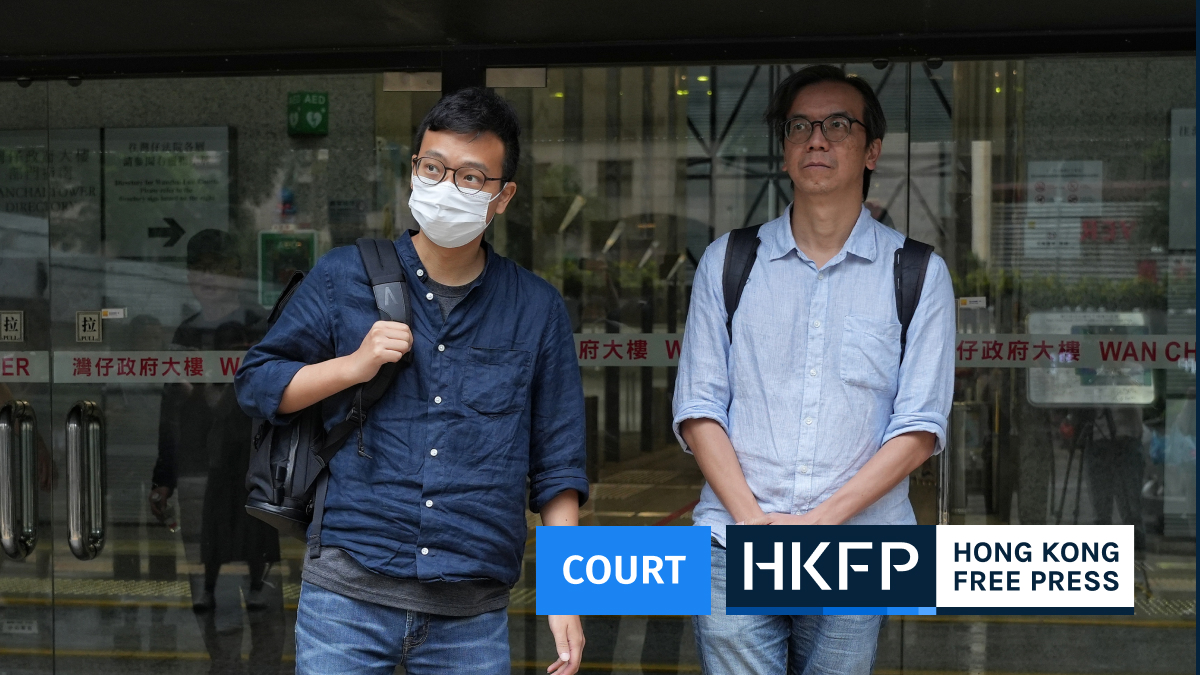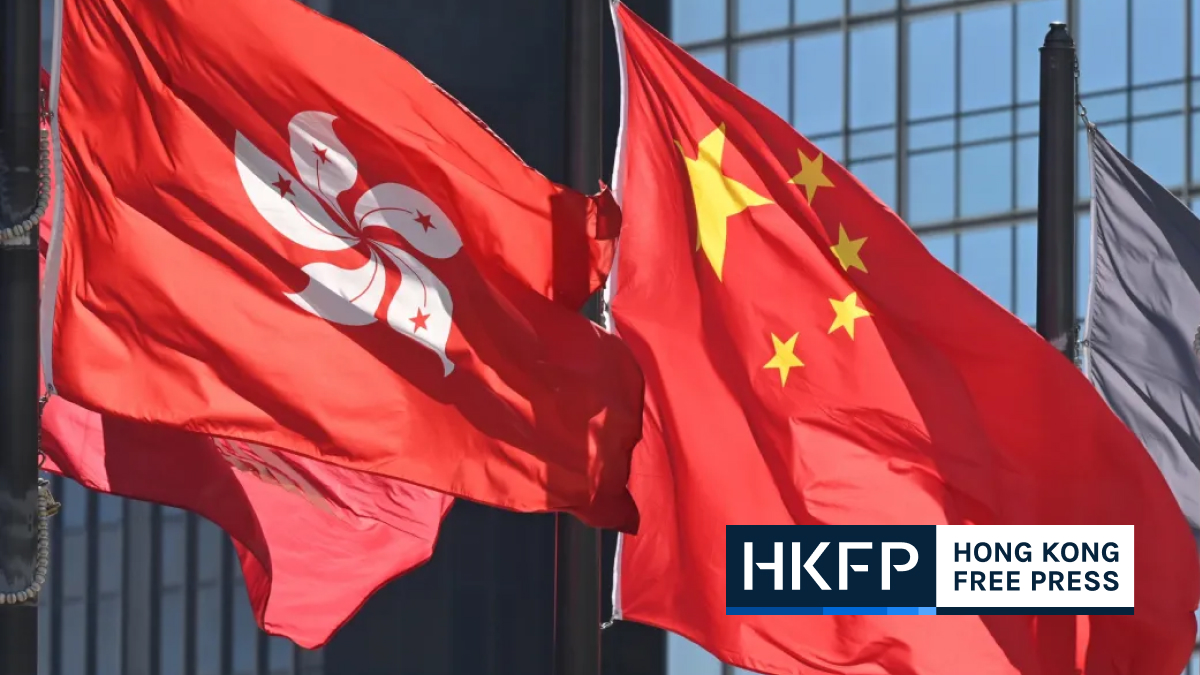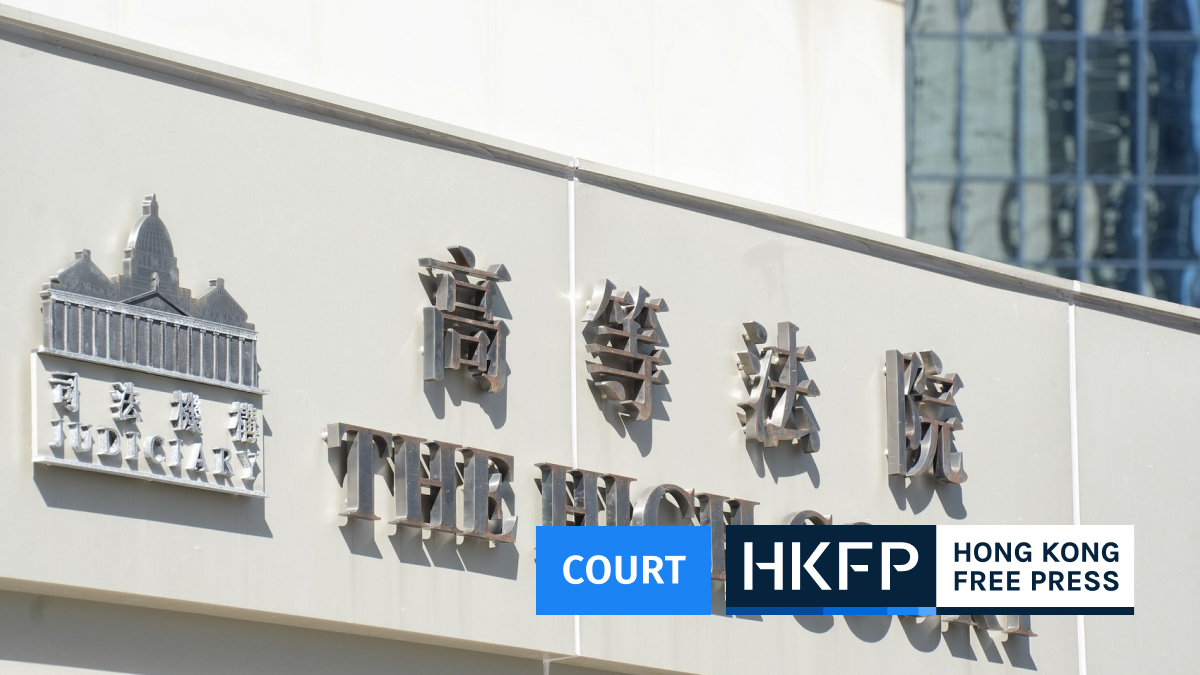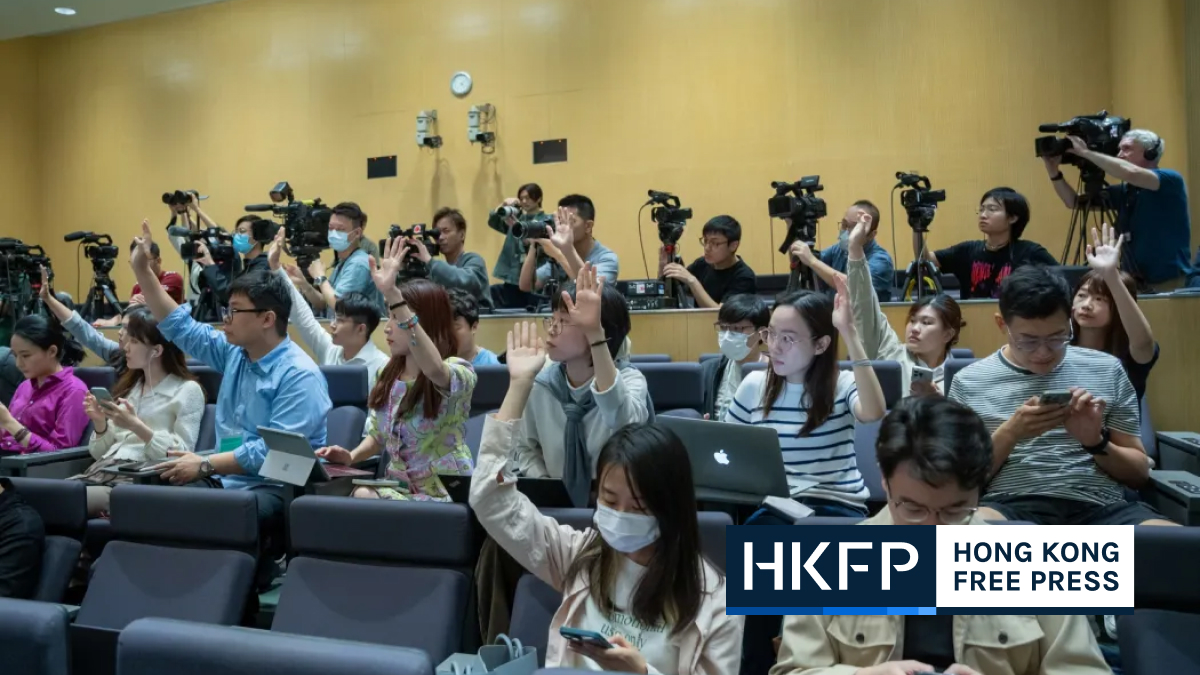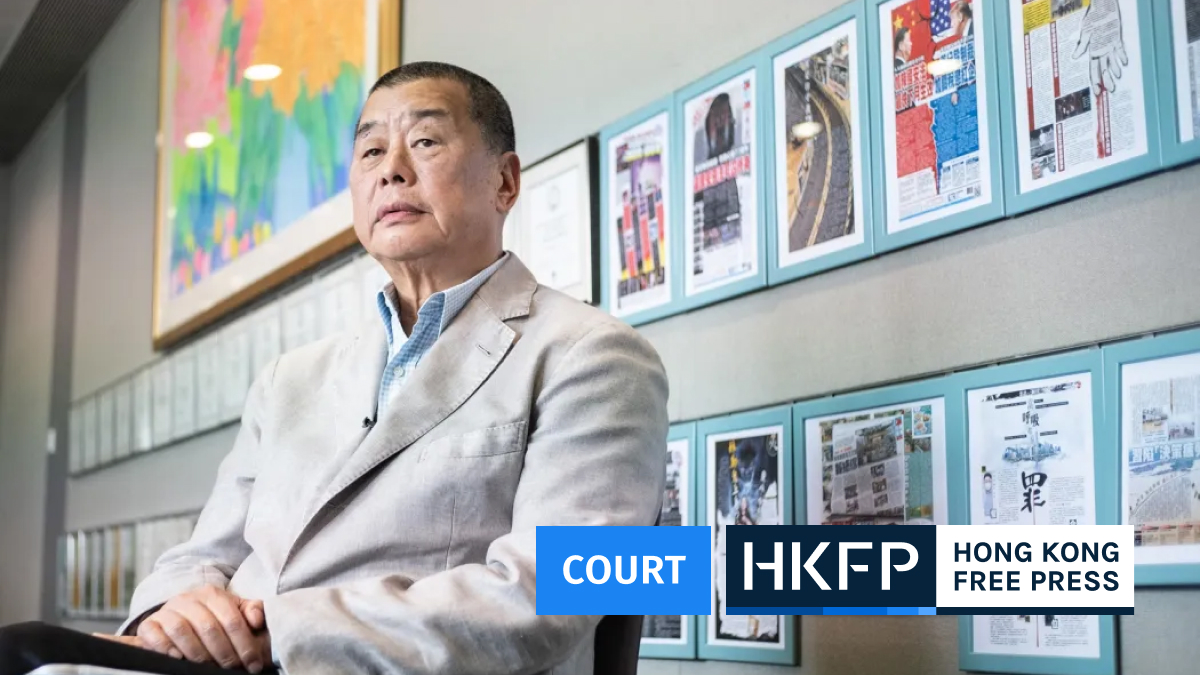Hong Kong police can search journalistic materials stored on phones belonging to media tycoon Jimmy Lai seized under a national security warrant, the High Court ruled on Wednesday.
The Court of Appeal rejected Lai’s appeal against a failed legal bid that was launched in an attempt to block a search warrant authorised by Principal Magistrate Peter Law under the Beijing-imposed national security law.
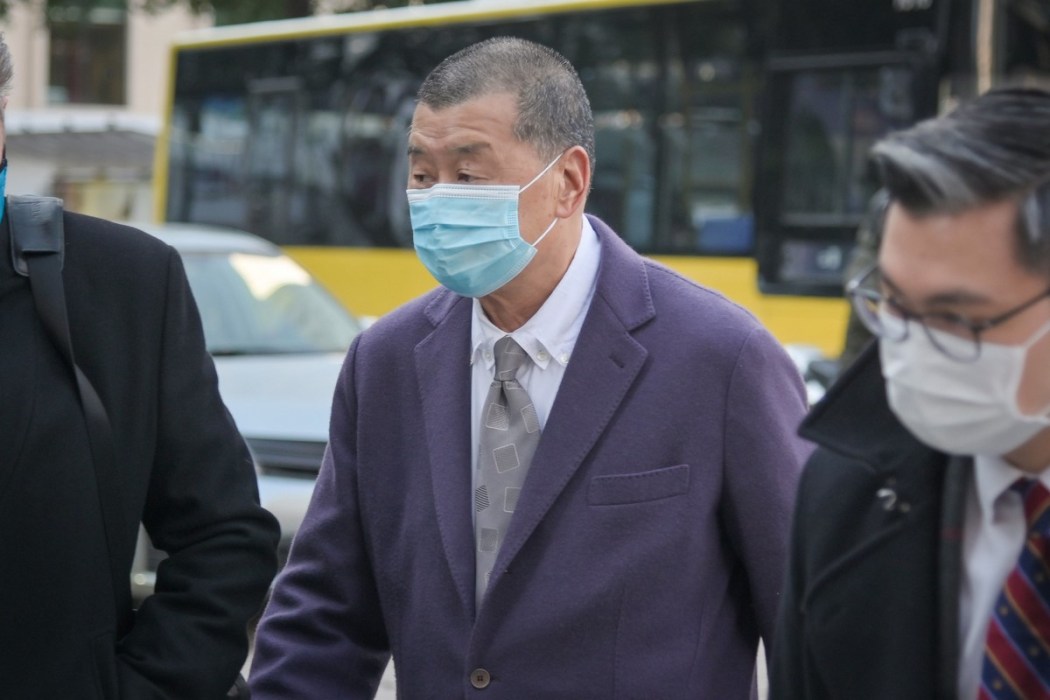
Lai, 74, who founded the defunct pro-democracy tabloid Apple Daily, faces four charges, including two counts of conspiracy to collude with foreign countries or external elements, one count of collusion with foreign forces, and one count of conspiracy to print, publish, sell, offer for sale, distribute, display and/or reproduce seditious publications.
Three companies linked with the tabloid also face charges. Six other defendants, who were former employees of Apple Daily or its parent company Next Digital, pleaded guilty in the case.
Lai’s appeal was heard by judges Jeremy Poon, Susan Kwan, and Carlye Chu at the Court of Appeal last month.
Under the national security law’s implementation rules, a search warrant may be granted by a magistrate if they believe “there is reasonable ground for suspecting that any specified evidence” will be found.
Protection of journalistic materials not absolute
Senior counsel Robert Pang, representing Lai, disputed the construction of “specified evidence,” and argued that journalistic materials – which are generally protected from police search – should not be included in the definition.

The three judges ruled on Wednesday that “despite its importance to the freedom of the press, the protection afforded to journalistic material is not absolute.”
The court also had a role to play as judicial gatekeeper, and had to balance public interest in deciding whether to allow the search and seizure of journalistic materials and whether conditions should be imposed on the warrant, the judges ruled.
“Although always subject to the protection and procedural safeguards based on public interest and vigilant judicial scrutiny, journalistic material is not immune from search and seizure in the investigation of any criminal offence,” the judgement read.
“As a matter of principle, the same must be true for offences endangering national security.”
Excluding journalistic materials from the definition of “specified evidence” would also reduce the effectiveness of police investigation and prevent the national security law from serving its legislative purpose, which was to “effectively” stop, prevent, and punish offences endangering national security, the judges wrote.

The national security law, enacted in June 2020, criminalised subversion, secession, collusion with foreign forces and terrorist acts, which were broadly defined to include disruption to transport and other infrastructure.
The judges also said considering journalistic materials as specified evidence would not “diminish the protection afforded to the freedom of the press by the local laws or violate the principle of legality.” The magistrate would still need to perform the same gatekeeping role to ensure that the search and seizure of journalistic materials could be “justified in the public interest.”
The ruling on Wednesday meant that police will be allowed to use journalistic materials found in Lai’s phone in the high-profile trial in December. The High Court said last month that it would not entertain application to adjourn the trial.
The 74-year-old has been remanded in custody since December two years ago. Since then, he has been sentenced to prison over other protest-related offences.
Support HKFP | Policies & Ethics | Error/typo? | Contact Us | Newsletter | Transparency & Annual Report | Apps
Help safeguard press freedom & keep HKFP free for all readers by supporting our team

latest national security stories
Support HKFP | Policies & Ethics | Error/typo? | Contact Us | Newsletter | Transparency & Annual Report | Apps
Help safeguard press freedom & keep HKFP free for all readers by supporting our team





















